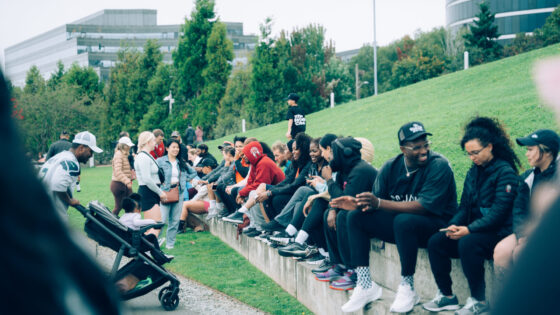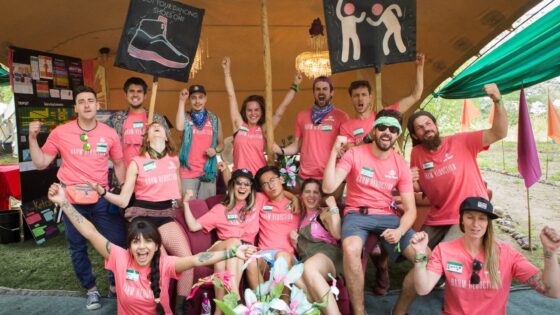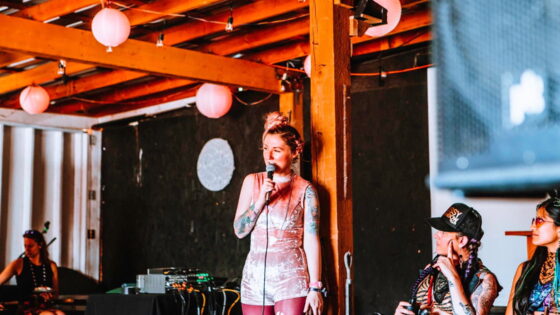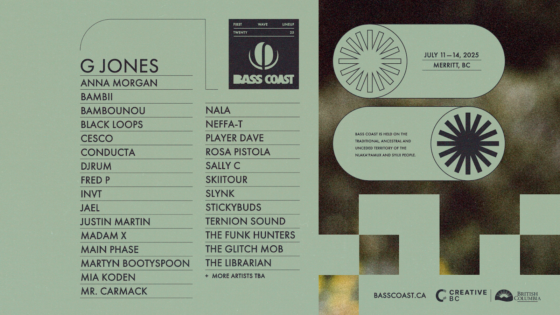Attendee safety and well being is undoubtedly on top of any festivals list of requirements. Whether it’s making sure there is ample water available, first aid, clear exits, or shade; it’s a festival’s responsibility to make sure each and every person in attendance will be safe. Beyond the list of obvious requirements, more and more festivals have added “Harm Reduction” among their priorities.
The term “harm reduction” embodies a wide range of informative and educational services revolving around sex, drugs, and personal safety. Most festivals have a rather strict policy on drug use inside their walls, but have accepted the fact that people will still be using them regardless. So rather than treat this as a problem, they’ve chosen to educate their attendees, and make sure they’re partying as safe as possible.
One festival in particular has been doing an amazing job at being a model example of what other events can strive for. Bass Coast in Merritt, British Columbia takes it’s role in harm reduction quite seriously. While it’s location in B.C. has helped make it’s partnership with local governments a bit easier than other locations. The folks of Bass Coast push themselves to be a progressive leader in harm reduction. We were lucky enough to attend the festival last year and were completely blown away at the standard at which they operate.
While this shouldn’t take away from other neighboring events such as Shambhala, it was the festival’s clear activeness in its community after the festival had long ended that really impressed us. We had the opportunity to speak with Stacey Forrester to gain some more insight in how Bass Coast approaches harm reduction during and beyond the festival.
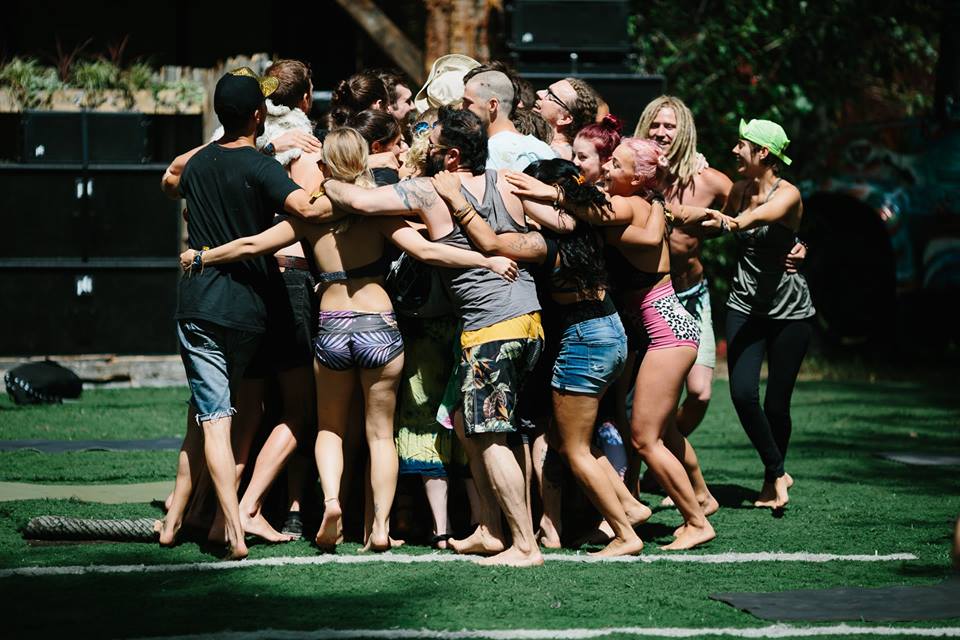
Photo: Patrick Latter Photography
Bass Coast’s approach to harm reduction is multi-faceted, and rather than just responding to crisis, they focus a lot of resources on preventive measures and education. Forrester mentioned that if she had to narrow their approach down to three main areas they would be Peer Based, Community Based, and Anti-Oppressive.
Peer Based
Bass Coast’s harm reduction team is made up of people from “helping professions” such as counselors, social services workers, nurses. These professionals also have experience going to music festivals and working for large gatherings, so they’re comfortable in the electronic music scene. It’s this reason they’re able to help people in a way that is very natural, having lived music festival experiences – which compliments the knowledge they provide. Stacey states it’s important that volunteers get more from the experience than a ticket and that they gain new skills and experiences that may help with future career, volunteering or school pursuits. Their role in the festival also allow them to work on leadership skills and at times act as a mentor to younger volunteers (and patrons) within the scene.
Important things happen in Pacific Northwest nightlife, and DMNW will send you alerts!
Avid adventure, and full time wild thing. Lover of all types of music but hold those that make me want to shake my rumpus close to my heart.















